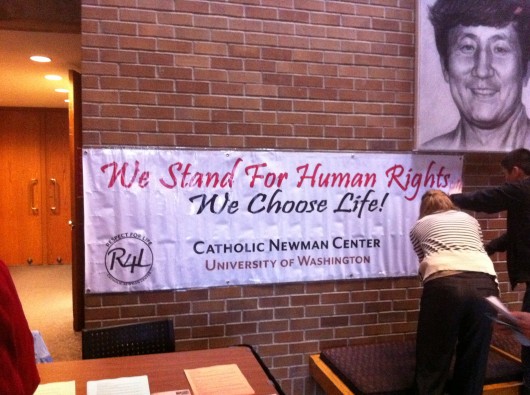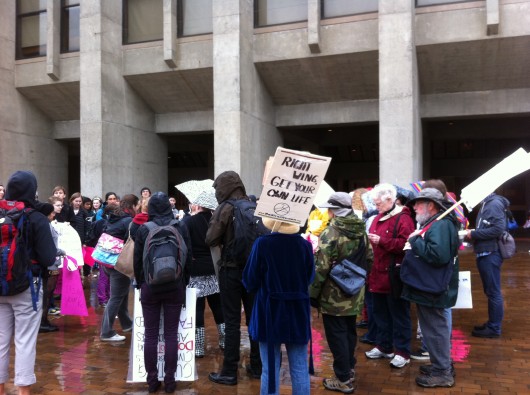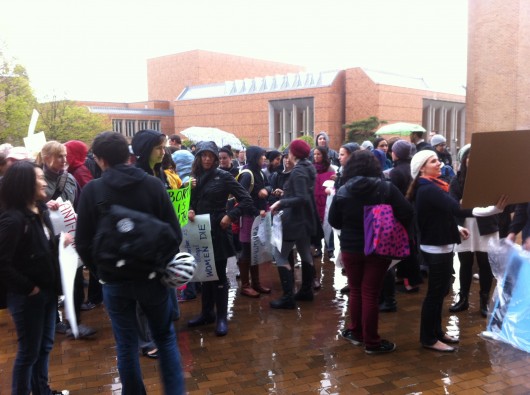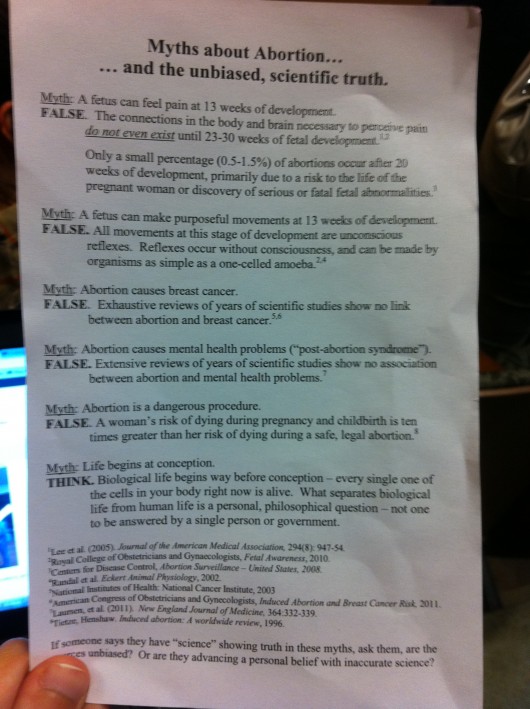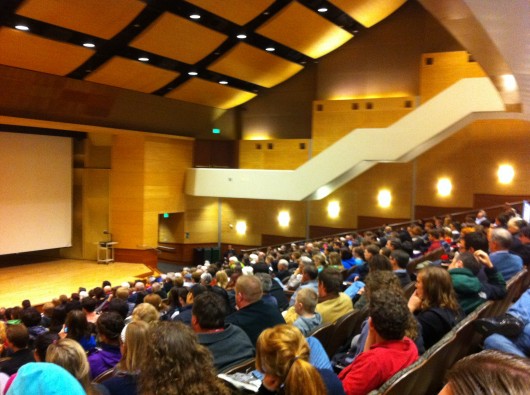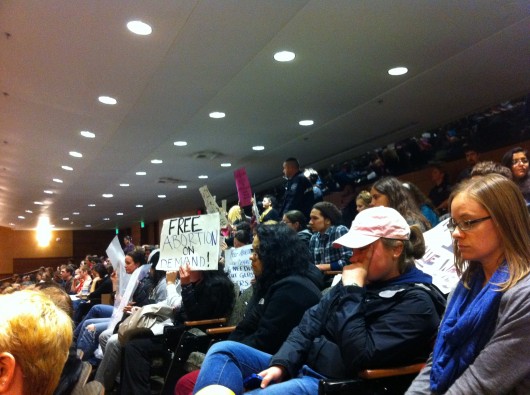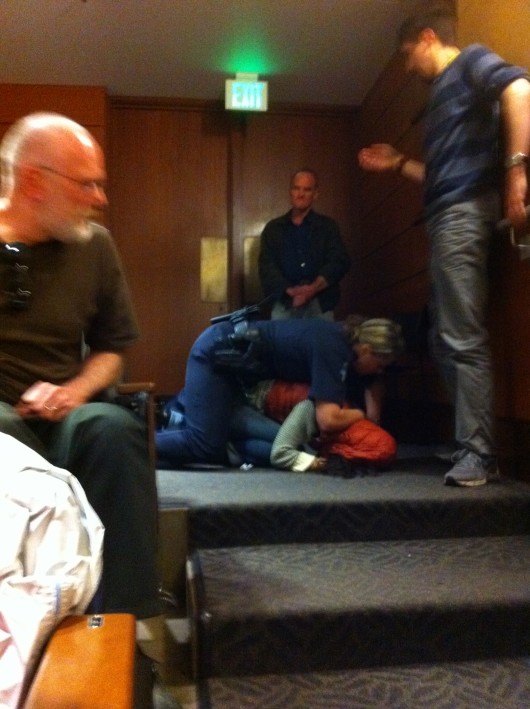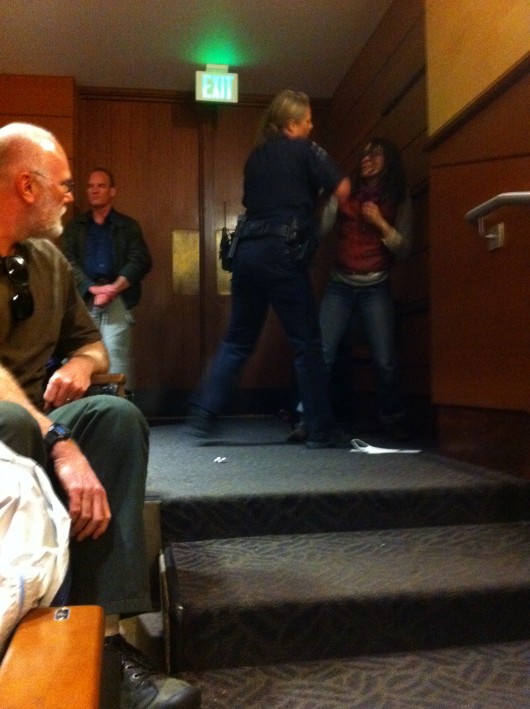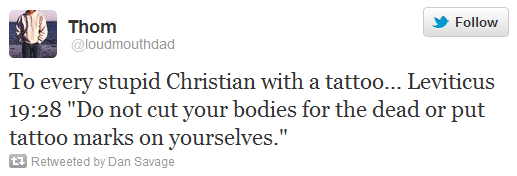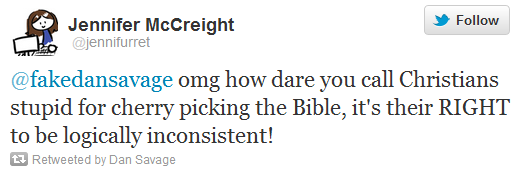Seattle is brainstorming ways to deal with the recent increase in gun-related violence in the city…and I’m a little skeptical of the idea proposed by Seattle City Council member Bruce Harrell:
Harrell says he’s spoken with a number of pastors about putting together a gang outreach program that would combine clergy members with other mentoring organizations to get gang members off the streets and in work or education programs.
The program is tentatively titled, “Saving the Streets and Saving Souls” (SSS).
Harrell pictures clergy members and mentoring organizations offering at-risk youth paths to education and job training, and a spiritual safety net. He imagines setting up anonymous gun drop-offs to get firearms off the streets. “We have to have safe drop-offs where grandmothers, aunts, uncles, friends, can turn in guns without inquiries or questions,” Harrell says. “Then change the culture by messaging in all communities that we need to get these guns off the streets.”
“Every pastor I’ve spoken to has absolutely loved the idea,” he continues. “Church is a huge part of neighborhood culture, especially in the south end. This is a way to help kids get back on the right track while hopefully cutting down on gang and gun violence.”
Harrell is hoping for around 500,000 (tax payer) dollars for the project.
I understand that Seattle is desperate to solve their gun problem, but I can’t support a solution that boils down to “God! Jesus! Woo!” and a bunch of hand-waiving. How exactly are clergy members in particular more qualified to offer at-risk youths the support they need? Why target clergy instead of also involving secular organizations? Why does the city give a rats ass about a “spiritual safety net” and “saving souls”? What about the 65% of Seattleites that aren’t religiously affiliated? I don’t want my money going into a program that’s only funneled into religious organizations with vague, nebulous goals. It works on the assumption that religion is inherently morally superior or helpful…which we’ve consistently seen is not the case.
Maybe we should try to actually solve the socio-economic conditions that perpetuate these problems, instead of treating religion like a cure-all bandaid we can slap on after the fact.


